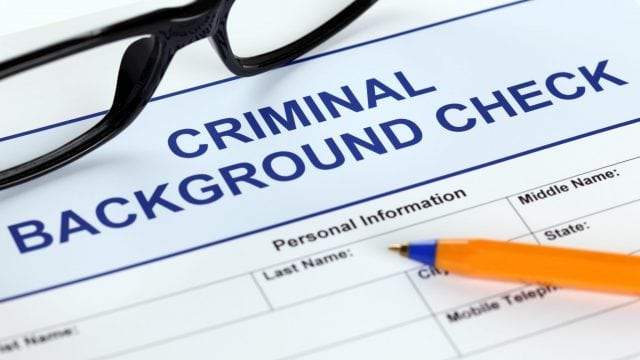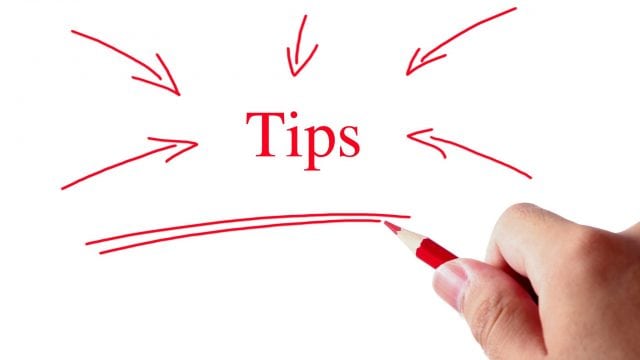If you participated in an adult film or modeling in the past, you may not have thought it would be immortalized forever on the internet. Even if the film or photo was published under a pseudonym, it’s still possible that people will connect you to the images. Regardless of whether you only participated in one photo shoot or if you had a previous career producing adult content, you can seek to have the images removed.
At Katherine O’Brien Law, our attorneys have represented many individuals who want to seek to have those images removed from the internet and reclaim control over their content. In this blog post, we’ll discuss effective strategies for removing consensual adult content – that is, content you agreed to participate in and agreed could be published — from the internet and whether you should seek legal assistance.
Removal Strategies
It’s crucial to recognize that even if you initially consented to the creation and publication of an adult film or photo, several strategies are available to obtain removal. The strategies largely depend on whether you own the intellectual property rights to the content.
If You Own the Copyright to the Content…
Generally speaking, if you created the adult content in question, you own the rights. So, if you took a suggestive selfie or recorded a video, you likely already own the rights to the images.
Owning the intellectual property rights, specifically the copyright, to the content gives you a right to control where it is published and whether it should be removed from a website.
If you own the copyright to the content, invoking your rights under the Digital Millennium Copyright Act (DMCA) can be an effective removal strategy. The DMCA is a U.S. copyright law that provides a framework for addressing copyright infringement on the internet. It grants copyright owners the ability to request the removal of their content from websites and online platforms, commonly referred to as a “DMCA Takedown Notice.” Websites are incentivized to grant DMCA Takedown Notices because if they comply with a valid notice, they are protected from legal liability for copyright infringement.
What do I Include in a DMCA Notice?
For a DMCA Takedown Notice to be valid, you have to include the following six pieces of information:
- Sufficient details for the website to identify your content, including the URL and its location on the page.
- Your contact information or that of your lawyer.
- A statement affirming your sincere belief that the content on the website is not authorized by the copyright owner, its agents, or by law.
- A statement verifying, under penalty of perjury, that the information provided in your notice is accurate and that you have the right to submit the notice either as the copyright owner or as an authorized representative.
- Your electronic signature on the notice.
Upon submission of the notice to the website, the website must remove the content. However, the individual who posted your content may be notified of your complaint and can submit a counter notice disputing your copyright claim. If that happens, the website may put the content back up on the website. You would then have the option of pursuing legal claims against the poster and should consult with an attorney to learn more about your options.
I Submitted a Valid DMCA Notice. Why Wasn’t the Content Removed?
Having copyright ownership doesn’t ensure the universal removal of content, but it significantly increases the likelihood of your removal request being honored. The DMCA, however, is a U.S. law. If the content is on a website that has no U.S. nexus, the law will not apply. There are international treaties that may help, such as the World Intellectual Property Organization Treaty, but you will have to follow those procedures, and, again, there is no guarantee that the content will be taken down.
If You Don’t Own the Copyright to the Content…
It is not the end of the road to removal if you don’t currently own the copyright for your content. You can either try to obtain the rights or proceed with alternative removal strategies.
How do I Secure the Copyright for a Video or Image?
Copyrights and other intellectual property rights are similar to real property in that you can buy or transfer the rights from the owner. Your attorney would want to review the agreements you signed to determine whether or not you have any rights to the images. If you participated in adult modeling or films produced by others, you probably don’t own the copyright. You’ll need to negotiate and acquire the rights.
Here’s how to proceed:
- Determine who owns the intellectual property rights to the content. Review any contracts, agreements, or releases you signed before participating in the production. If unsure, you’ll need to locate the individual or company responsible for filming or financing the content.
- Negotiate with the copyright holder to establish the terms of a copyright assignment. Some factors to consider include the amount you are willing to pay for the rights and whether you want the assignment to remain confidential.
- Draft the copyright assignment, ensuring that all negotiated terms are clearly outlined and signed by both parties. It’s advisable to have an attorney either draft or review the assignment before finalizing it.
Once you have the copyright, you can submit DMCA Notices to obtain removals from websites.
What if I can’t Obtain the Copyright?
Even if you don’t own the copyright or can’t obtain it, you still may have options. Below are a few common alternative removal strategies:
- Copyright License: Some producers don’t want to agree to transfer the full rights to images, for a number of reasons. But they may still agree to remove the content from their websites and allow you to send DMCA Notices on their behalf. This type of agreement would be called a “license” where the copyright holder gives you some rights to control the content, but still retains primary ownership. License agreements may be a good, and cheaper, alternative in lieu of a full copyright assignment.
- Contact Individual Websites: Some websites are sympathetic to removal requests and will agree to remove content if you are the individual in the images and request removal. However, be cautious when dealing with websites directly – it can be dangerous to give out your personal information to anyone online.
- De-Indexing: You may have grounds to request that search engines, like Google or Bing, remove the content from your search results. For example, if the content was published with your real name and address, you can submit a form to the search engine asking that they remove it because the webpage is violating their policy against doxing and violating your privacy. There are other potential arguments you can make to search engines, which will vary depending on their policies.
- Suppression: Another option to consider is suppression (also known as reverse search engine optimization (“SEO”)). Suppressing content through reverse SEO involves pushing it down in search engine results, making it less visible. While this technique can be effective, it may also be costly and require ongoing maintenance to sustain results.
Do You Need Legal Assistance?
Determining whether to hire a lawyer depends on various factors, including the complexity of your case and your comfort level in navigating legal processes. While some individuals may successfully remove content independently, others may benefit from the expertise and advocacy of a nonconsensual pornography lawyer.
Legal fees for removing adult content can vary based on the complexity of the case and the services required. At Katherine O’Brien Law, we offer personalized consultations to assess your situation and provide transparent pricing based on your unique needs.
Conclusion
You can regain control over your digital identity by employing these strategies. If you’re considering legal assistance, our team at Katherine O’Brien Law is here to guide you through the process with compassion and expertise. Don’t hesitate to reach out for a confidential consultation and take the first step toward reclaiming your privacy online.







